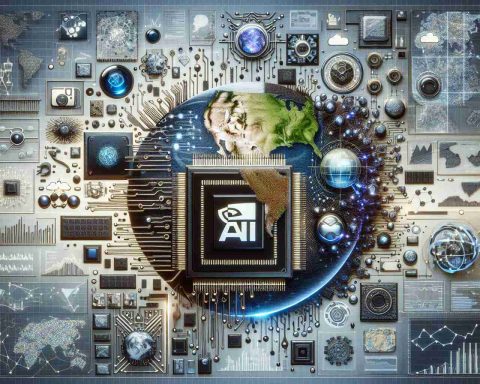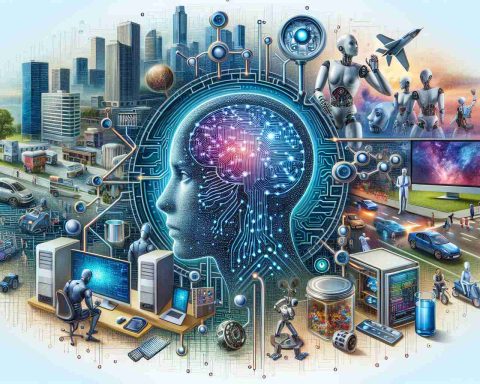Cloud Computing - Page 17
Cloud computing refers to the delivery of computing services, including storage, processing power, and applications, over the internet (the cloud). Instead of managing physical servers or local devices, users can access technology resources hosted on remote servers and managed by cloud service providers. This model allows for scalable and flexible access to a wide array of services, enabling individuals and organizations to use software, store data, and build applications without the need for extensive on-premises infrastructure. It encompasses various service models, including Infrastructure as a Service (IaaS), Platform as a Service (PaaS), and Software as a Service (SaaS). Cloud computing offers benefits such as cost-effectiveness, enhanced collaboration, automatic updates, and the ability to quickly adapt to changing requirements.




























